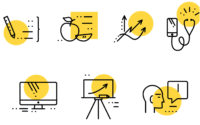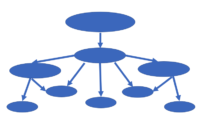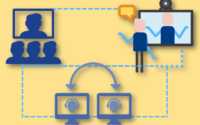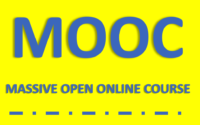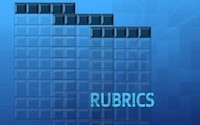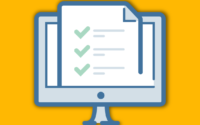
Development and Validation of a Test Anxiety Inventory for Online Learning Students
Test anxiety is a serious problem for many college students. This study examines the development and validation of the Online Test Anxiety Inventory (OTAI) to evaluate test anxiety among online students. In this study, the OTAI is developed and administered to a sample of 157 postgraduate online students: 77 males and 80 females, aged 22 […]
